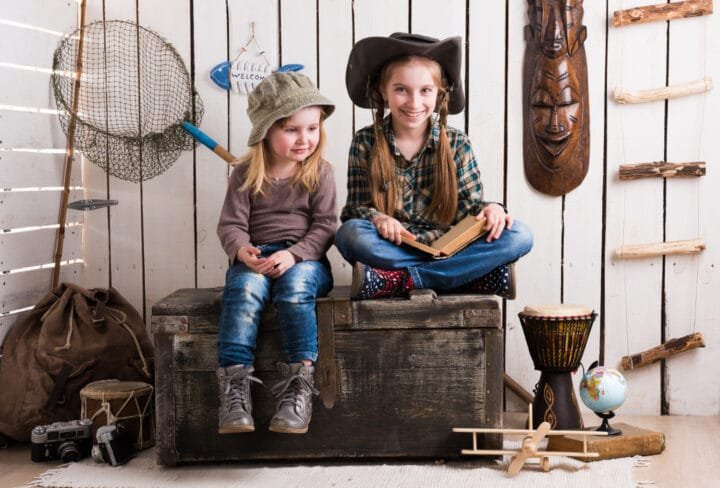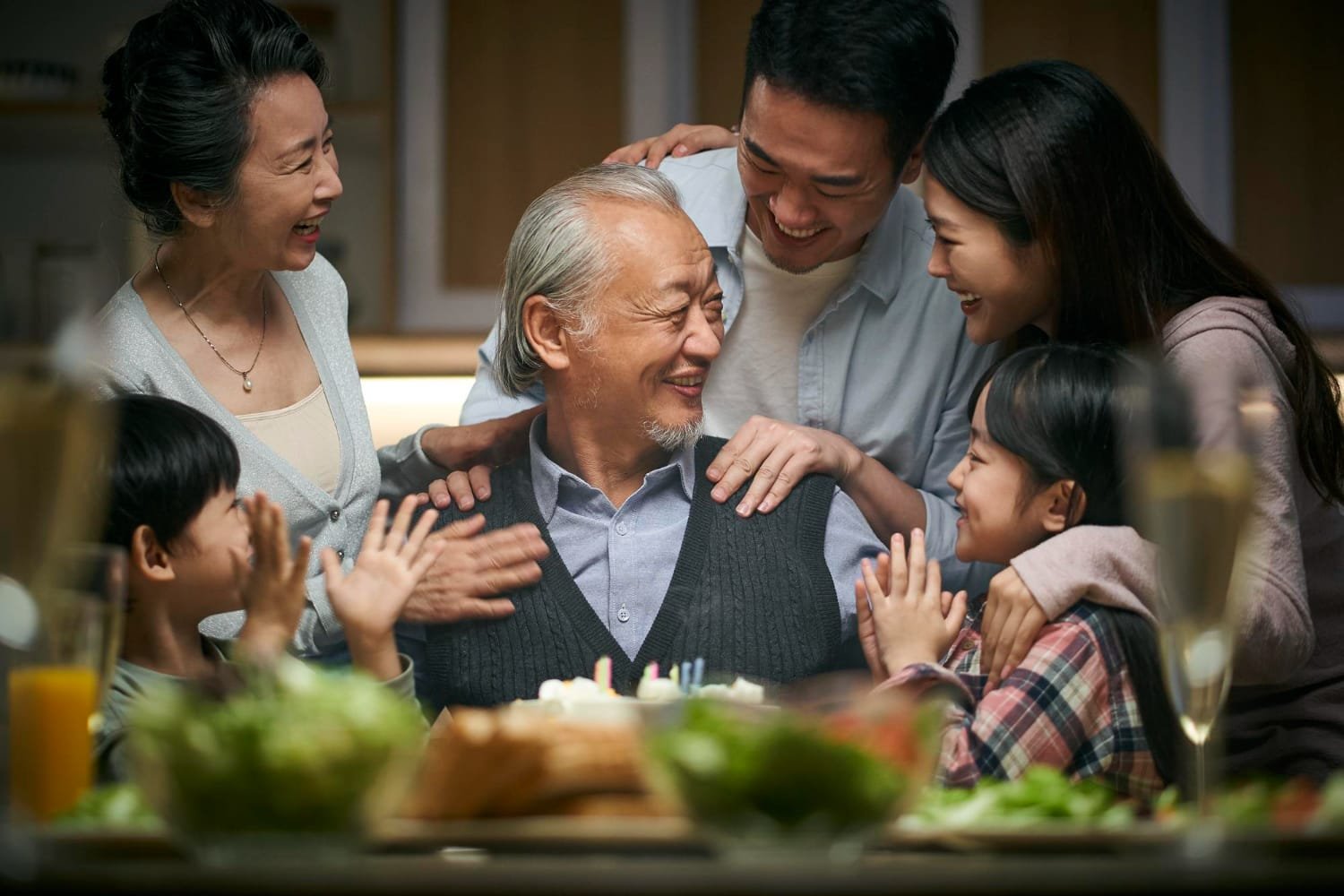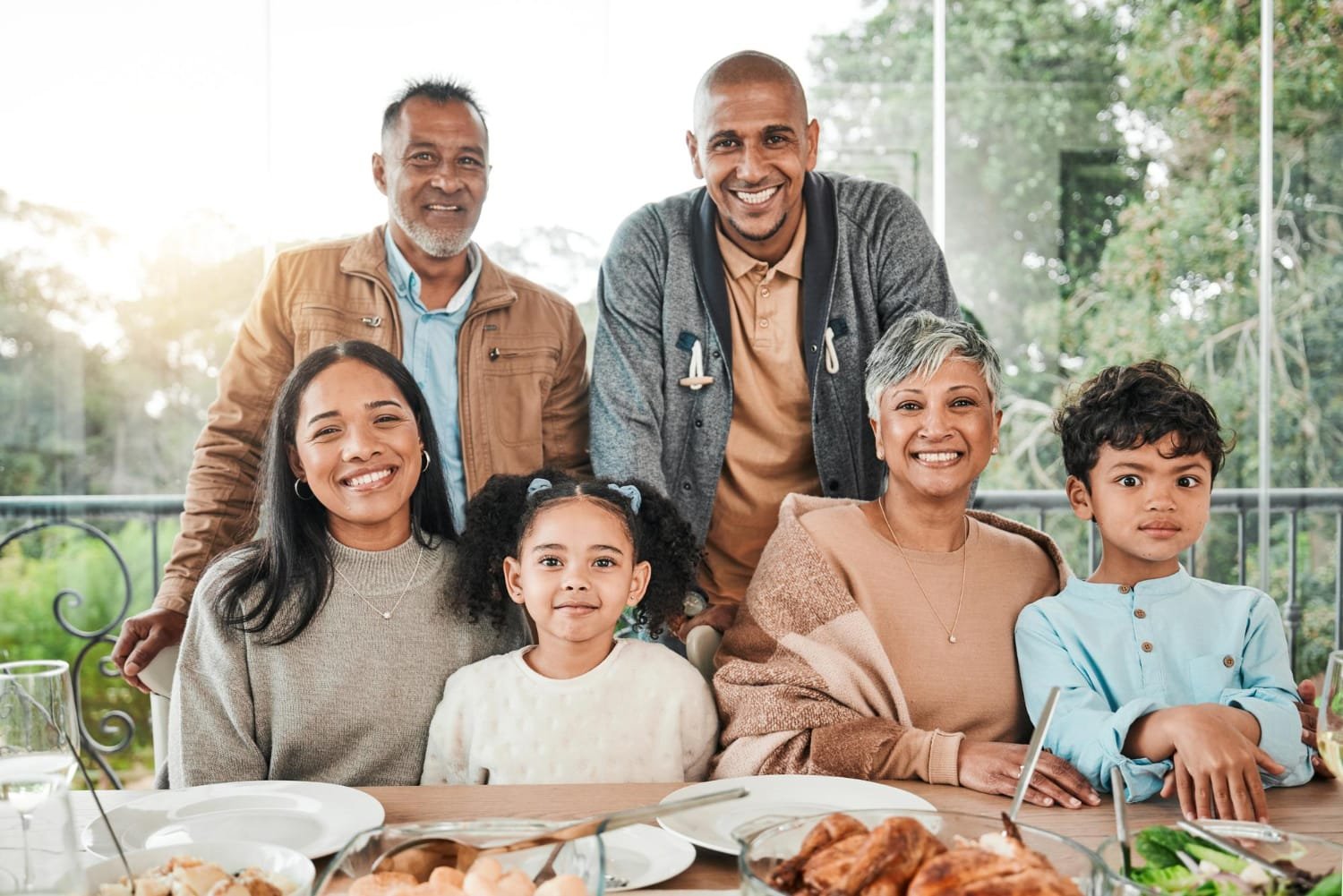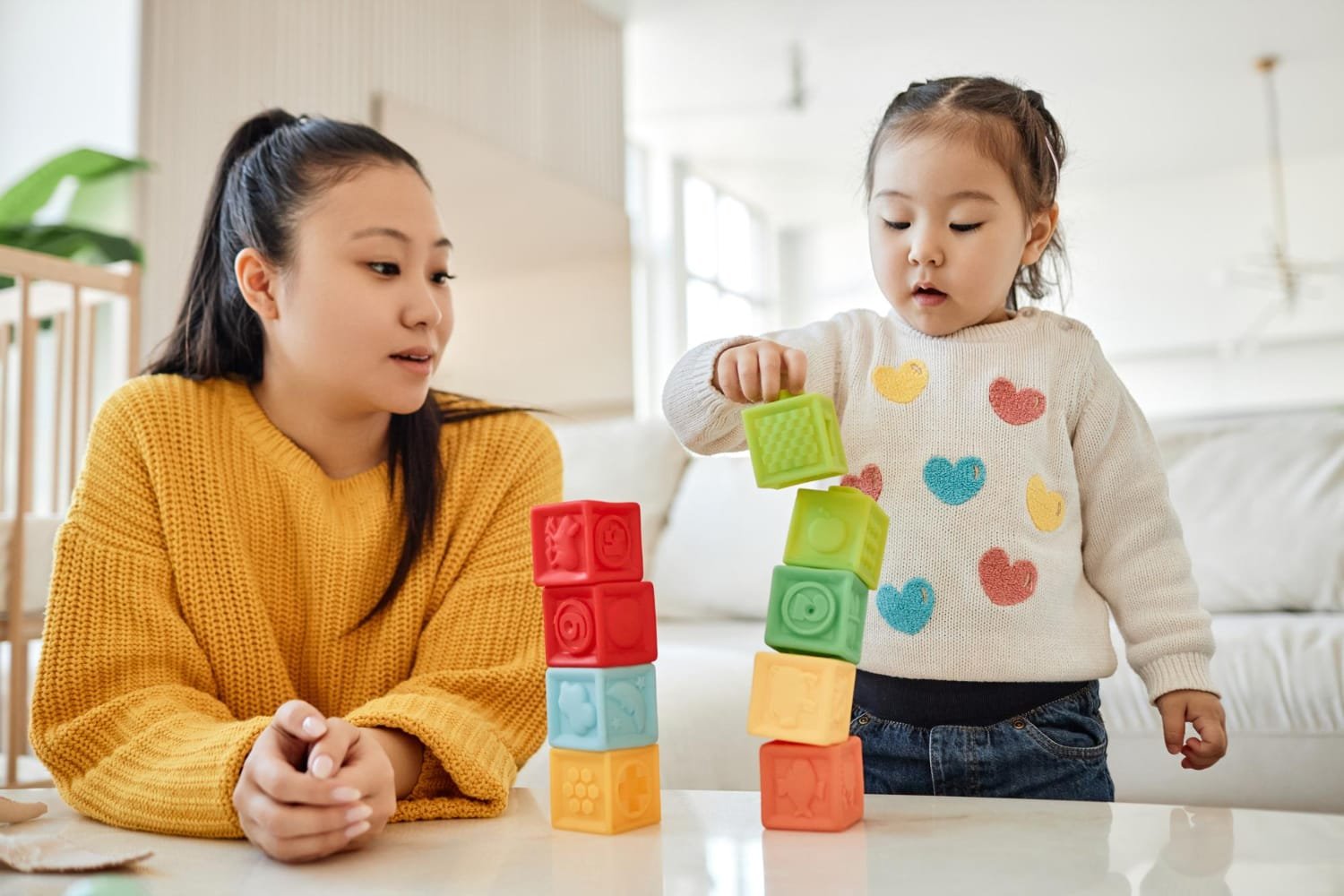The Power of a Name: Unpacking the Significance of Nicknames, Especially for Children
Did you ever call your child “Pumpkin” or “Doodlebug?” No doubt you did! Everyone has their special names for their children. Do you know that silly nicknames actually contribute to their development? That’s right! Nicknames are much more than cute labels. They are powerful tools that shape our children’s self-esteem, relationships, and their place in society. Let’s dive in and explore this fascinating world together!
More Than Just a Cute Name: Why We Nickname
There is a whole psychology behind why we give nicknames to our children, and it goes well beyond simple endearment. Think about your child’s nicknames. What inspired them? Is it a funny incident, a sweet moment, or a quirky personality trait?
- Intimacy and affection: Nicknames are a special language of love; they allow us to convey intimacy and closeness that formal names cannot. Whenever we call our daughter “Sweet Pea” or our son “Buddy,” we don’t just call her by her name; we’re expressing a deep sense of affection and bonding with her like no other. Intimate language promotes children’s emotional development by creating a sense of belonging and security.
- Identity shaping: A nickname can help shape your child’s self-perception when it is used playfully and lovingly. Do you have a “Little Miss Sunshine?” or a “Captain Chaos?”? Each time you call your son “Champ,” you’re not just recognizing his athletic abilities; you’re subtly reinforcing his self-confidence and capability. And guess what? He internalizes that, too! As young as two, children are beginning to develop self-understanding, and nicknames can have a significant effect on that development.
- Social connections: In childhood, when social connections are critical for development, nicknames signify membership in a special group, whether it’s a family, a team, or a circle of friends. When a kid is on a playdate with new people, a simple nickname creates a connection, a shared understanding, and a sense of belonging. Imagine that new faces surround your child at a playdate. “Hey, Speedy, wanna race?” The simple nickname creates a bond, a shared understanding, and an invitation for belonging instantly. This sense of belonging is essential for developing social skills and navigating human interaction.
- Humour and playfulness: Some nicknames are just plain funny! For example, “Stinky” is perfect for kids who love playing in the mud, and “Wiggle Worm” is ideal for kids who are always on the move. These lighthearted nicknames bring us joy and laughter. After all, laughter strengthens the bond between parent and child because it releases endorphins, reduces stress, and boosts immunity. Go ahead, embrace the silliness and let the nicknames flow!
- Differentiation: In families with common names, or when multiple children share a similar first name, nicknames become essential for distinguishing between individuals. This avoids confusion and allows each child to feel seen and recognized. A unique identity within the family is given to each child. Imagine a family with three daughters whose names begin with the letter “A.” Nicknames like “AJ,” “Annie,” and “Ace” prevent mix-ups while also giving each girl both a distinct identity and a sense of self.

The Impact on the Nickname: Shaping a Sense of Self
The names we give our children are like keys to unlocking their identities, but like any key, they can be used both positively and negatively.
- Positive effects: A well-chosen nickname can boost a child’s self-esteem. In addition to acknowledging our son’s athletic abilities, when we call him Champ, we are instilling a sense of confidence and capability in him. Children who have positive nicknames tend to have higher self-esteem and stronger social skills. They have a greater likelihood of participating in group activities, expressing their opinions, and building healthy relationships.
- Potential negative effects: It is essential to be mindful of nicknames that are hurtful, embarrassing, or reinforce stereotypes. A nickname that sounds funny to us may make a child feel self-conscious or excluded, so it is important to choose nicknames carefully and with sensitivity. Always take your child’s feelings and preferences into account. Whenever a child expresses disapproval of a nickname, it is important to respect their wishes and stop using it. Remember, the purpose is to inspire and empower, not to hurt or upset.
- Context and intention: Depending on the context and purpose of a nickname, it can have a powerful impact. When a nickname is used lovingly within a family, it can serve as a source of endearment, while when it is used teasingly by peers, it may hurt. We can explain that even seemingly harmless nicknames can have a negative impact if they are used with the wrong intentions, making it important to teach our children the value of words and how to use them kindly. The purpose of this is to help children develop empathy and understand the importance of respectful communication.
- Nicknames as growth markers: As children grow and change, so do their nicknames. The “Chubby Cheeks” baby might become the “Speedy Gonzalez” toddler. These evolving nicknames reflect their journey of development and the milestones they achieve. It is important to acknowledge their progress and celebrate their individuality. Consider each nickname a chapter of their childhood, creating a verbal scrapbook of their memories. As they grow up, these nicknames become treasured memories, reminding them of their journey and the love that surrounds them.
Nicknames in the Family: A Love Language All Our Own
Our family nicknames are unique expressions of love and connection. They are woven into the fabric of our families, passed down through generations, and often become cherished memories.
- Why do parents give nicknames? We offer our children nicknames for a variety of reasons. Sometimes, they are a way of showing our affection, such as calling our daughter “Princess” or our son “Tiger.” Other times, they are a way of marking a special occasion or milestone. The word “Scooter” might stick after a child takes their first steps, or the word “Einstein” might recall an especially bright moment. Sometimes, it’s just a way of capturing their unique character. “Giggles” for the smiley child, or “Mr. Mischief” for the little prankster. The nicknames become part of our family’s internal lexicon, a secret language that only we know.
- Child development is important: A child’s nickname plays a significant role in their development. It contributes to their self-esteem, emotional wellbeing, and relationships with family members. According to research published in the Journal of Child Language, children whose parents and siblings often refer to them by their nicknames have stronger relationships with each other. As a result, nicknames can be used to foster intimacy and connection within families.
- Impact on self-perception: When children are called “Braveheart”, they may be more likely to exhibit courage, while if they are called “Smiley”, they may be more likely to be happy and positive. In addition to shaping their self-image, these positive associations can contribute to their overall well-being.
- I am strengthening parent-child bonds: Using nicknames creates a sense of intimacy and bonding between parent and child. It expresses, “I see you, I know you, and I love you just the way you are.” This personalized language promotes trust and reinforces the emotional bond between parent and child.
- They shape family dynamics: It is also possible to use nicknames to reinforce family dynamics and roles. For example, “Big Brother” might be protective, while “Little Sister” might receive extra attention and care. Creating a sense of order and hierarchy within the family, as well as fostering love and support, can be achieved through these nicknames.
- Nicknames as a legacy: A family nickname often carries a story and a tradition, connecting us to our past and becoming a part of our family history. The name “Birdie,” which my grandmother was given as a child for her love of singing, has been passed down through generations. Sharing these stories strengthens our family bonds and creates a sense of continuity. It’s like passing down an heirloom, a treasure of our family history.

Nicknames and Social Dynamics: Navigating the World
Throughout their lives, children encounter nicknames in a variety of social settings, from playgrounds to classrooms to the workplace.
- Nicknames in peer groups: Symbolizing acceptance, friendship, and belonging can be the purpose of nicknames in peer relationships, but they can also exclude, tease, or bully. Our children need to be taught about the social dynamics of nicknames and how to navigate them respectfully and sensitively. They should choose nicknames that are kind and empowering and be willing to stand up to those who use them for harm. Children can foster a culture of kindness and respect among their peers by being “upstanders” instead of bystanders.
- Nicknames in professional settings: As children grow into adults, they’ll learn that nicknames are often less common in professional settings. While some workplaces may allow nicknames, others may require a certain level of formality. We must teach our children about these social nuances so that they can adapt their communication styles accordingly. They need to understand that the “Sparky” who lights up the soccer field might need to introduce himself as “Mr. Jones” in a job interview. They will benefit from this ability to adapt to various social and professional settings.
- Cultural and social norms: Cultural and social differences affect how nicknames are used. Some cultures use nicknames very frequently, while others use them sparingly or only for specific relationships. We need to understand these cultural differences and teach our children to respect diverse nickname practices. For example, in some cultures, it is considered disrespectful to use a nickname without getting permission first. Children who are culturally sensitive and aware will be better prepared to navigate the diverse world with respect and understanding.
The Psychology of Nicknames: Why They Make Us Feel Happy
If you’ve ever noticed how a simple nickname can make you smile, it’s because nicknames trigger positive emotions and strengthen our connections.
- The link to positive emotions: In our brains, nicknames release dopamine and other feel-good chemicals, which is why hearing our nickname can make us happy, loved, and appreciated. Studies have shown that nicknames can even relieve stress and anxiety. Think about it: when you’re down, and a loved one calls you by your special nickname, it’s like an instant mood booster. It’s a reminder that you’re loved and valued, and that can make all the difference in the world.
- Social recognition and validation: When someone calls us by our nickname, it’s a form of social recognition. It tells us that we’re seen, known, and valued. This is especially important for children, who are still developing their sense of identity and belonging. A feeling of acceptance and recognition by peers and loved ones can boost a child’s self-esteem and confidence. Consider the case of a shy child who rarely speaks up in class. Suddenly, the student feels valued and appreciated when the teacher calls him “Buddy” and asks for his opinion. Taking the time to acknowledge him can boost his confidence and sense of belonging, empowering him to participate and contribute.
- They personalize language and connection: Think about the inside jokes and shared memories that are often associated with nicknames, as they create a shared language between individuals. Nicknames signify a special bond and a deeper level of connection. We become closer and more intimate through sharing these experiences with our loved ones. It’s like having a secret code only you and your loved ones understand. As a result of this shared language, you feel a sense of belonging and exclusivity.

Nicknames and the Digital Age: A New Frontier
As social media, online gaming, and virtual communities have grown in popularity, nicknames have taken on a new dimension. They’re no longer limited to face-to-face interactions. Through them, we can express ourselves and connect with others in the virtual world, making them an integral part of our online identity.
- Online identities and self-expression: Digital nicknames allow individuals to create online personas based on their personalities. A teenager might use a nickname that reflects their interests, like “Bookworm123” or “GamerGirl4Life.” This allows them to explore their passions and connect with like-minded individuals online.
- They build online communities: Online communities, gaming communities, and social media groups use nicknames as a way for people to identify with one another and build relationships with each other. In particular, individuals who feel isolated or disconnected in their offline lives can benefit from this sense of community.
- They navigate online safety and privacy: While nicknames can be fun and empowering, it’s important to teach our children about online safety and privacy. They need to understand that sharing personal information or using identifying nicknames can put them at risk. We can help them choose appropriate online nicknames that protect their privacy and ensure their safety in the digital age.
A Name by Any Other Name: The Etymology and History of Nicknames
The word nickname has a fascinating history itself! Believe it or not, nicknames have existed for centuries! Names were derived from the Middle English word “eke-name,” which means “also” or “in addition.” Thus, nicknames were essentially a moniker added to a person’s given name, a moniker.
- Ancient origins: The use of nicknames can traced back to ancient civilizations. In ancient Rome, nicknames were often used to denote a person’s physical characteristics, personality traits, or even their occupation. Scipio Africanus, for example, earned his nickname “Africanus” because he fought in Africa. The Greek philosopher Plato, on the other hand, was nicknamed after his broad shoulders (“Platon”, which means “broad” in Greek).
- Medieval meanings: At a time when surnames were not yet widespread, nicknames often served as a means of identification during the Middle Ages. A person’s name was based on a variety of factors, such as their physical appearance (“Red”), their personality (“Merry”), or their place of origin (“John of York”). Often, these nicknames evolved into hereditary surnames to distinguish individuals within a community.
- Modern evolution: Modern nicknames continue to evolve as social and cultural norms change. They are used in various contexts, from informal settings to popular culture, reflecting the ever-changing language and social dynamics of our time. In recent years, nicknames have become increasingly popular, giving people the opportunity to create online identities and express themselves more creatively through social media and online communities.
- Nicknames across cultures: There are a variety of traditions and practices surrounding nicknames in different cultures. Some cultures use nicknames deeply as part of social interactions and signify affection and closeness. Some cultures use nicknames sparingly or reserve them for specific relationships. It is possible to appreciate the diverse ways in which nicknames are used and interpreted across the globe by understanding these cultural nuances.
We gain a deeper appreciation for nicknames’ enduring appeal and significance in human interaction by exploring their etymology and history. It has been through the centuries that nicknames have served as a way of connecting with others, expressing ourselves, and creating community. You are joining a long and rich tradition of human connection and expression when you call your child “Squishy” or “Smarty Pants.”
Games to Play with Your Kids
Guess Who? This classic board game encourages deductive reasoning and social observation as players ask questions to identify a hidden character. It promotes discussion about physical attributes and personality traits, which can naturally lead to conversations about nicknames and how we perceive others.
Apples to Apples: This fun card game challenges players to make creative associations between words and concepts. It encourages laughter and playful competition while also prompting discussions about different perspectives and interpretations, much like how nicknames can have varied meanings within a family.
Bananagrams: This fast-paced word game encourages quick thinking and vocabulary building. It can be adapted to incorporate nickname-related challenges, such as creating words using letters from family nicknames or coming up with nicknames for imaginary characters based on the words formed.
Qwirkle: This strategy game involves matching tiles based on colour and shape. It promotes critical thinking and spatial reasoning, but it can also be a fun way to introduce the concept of categorization and how we group people based on different attributes, much like how nicknames can categorize individuals within a family or social group.
Hedbanz: This hilarious guessing game has players asking questions to figure out what’s on the card attached to their headband. It encourages communication, laughter, and creative thinking and can easily be adapted to a nickname theme. Imagine trying to guess your nickname based on your family’s clues!
Conclusion: The Nickname’s Enduring Appeal
From “Peanut” to “Professor,” nicknames hold a special place in our hearts. They’re more than just simple labels; they’re powerful tools that shape our identity, our relationships, and our well-being. In addition to expressing love and building our children’s confidence, nicknames give us the opportunity to create lasting memories as parents.
FAQs
Absolutely! Nicknames can vary significantly across different cultures, and it’s important to understand and respect these differences. In some cultures, nicknames are a sign of endearment and closeness, while in others, they might be used more formally or even be considered disrespectful if used inappropriately. For example, in some Hispanic cultures, it’s common to use affectionate nicknames even in professional settings, while in some Asian cultures, using a nickname without permission might be seen as impolite. This understanding can foster greater respect and appreciation for diversity, and it’s perfectly acceptable to use nicknames in a culturally sensitive way.
Yes, there are definitely times when a nickname might be too much. If your child expresses dislike for a nickname, it’s crucial to respect their wishes and stop using it. Also, avoid using nicknames in formal situations, like a school presentation or a doctor’s appointment, unless it’s a nickname the child specifically uses in those settings. Being mindful of the context and your child’s preferences will ensure that nicknames remain a positive force.
It’s a great idea to inform your child’s teacher about their nickname, especially if it’s significantly different from their given name. This helps the teacher create a welcoming and inclusive environment where your child feels comfortable and recognized. You can also discuss with the teacher whether the nickname is appropriate for classroom use or if it should be reserved for home and family settings.
It’s tough when your child is being teased or bullied with hurtful nicknames. First, listen to your child and validate their feelings. Then, empower them to address the situation themselves if they feel comfortable. They can try using humor to deflect the teasing or firmly ask the other child to stop. If the problem persists, involve the school or other adults to help address the situation and ensure your child feels safe and supported.
It’s never too late to start incorporating nicknames into your family dynamics! Whether your family is used to using nicknames or not, it’s always a fun and endearing way to strengthen family bonds. Start by brainstorming fun and endearing nicknames for each other. You can even make it a family activity, sharing stories and memories that inspire these nicknames. The most important thing is to have fun and use nicknames in a way that feels natural and strengthens your family bonds.
Related Posts















































































